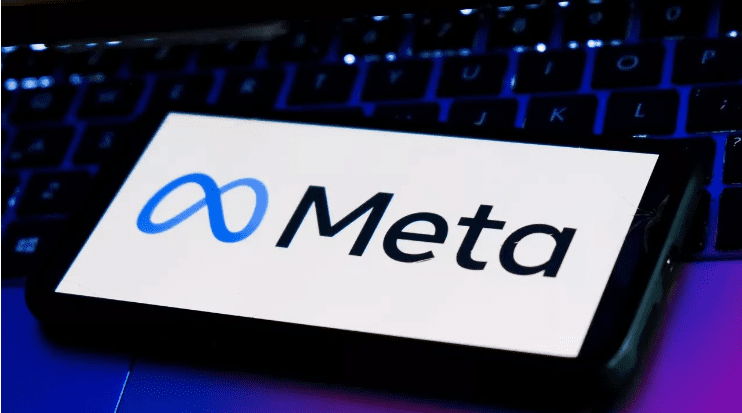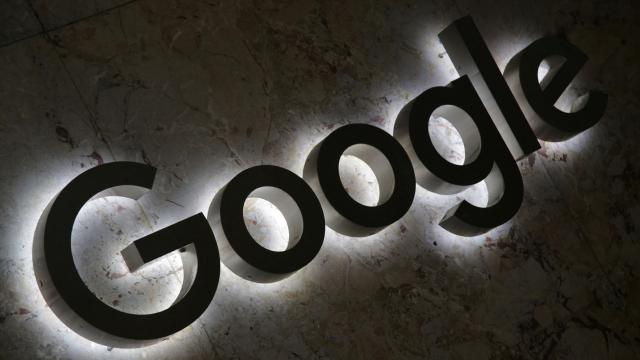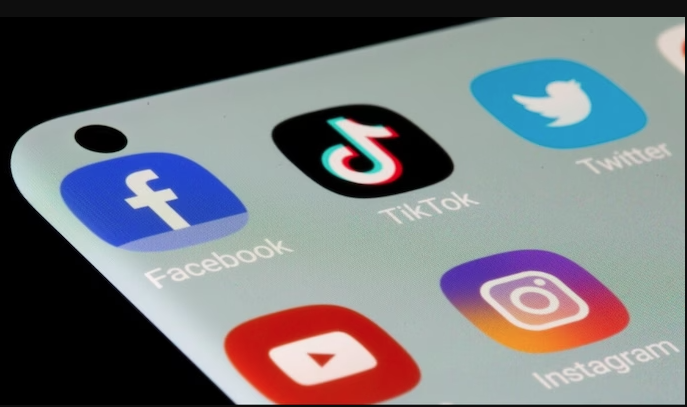Images online “reflect and exaggerate” gender discrimination around the world, according to a comprehensive new study.
Researchers note that billions of images are now available online, at a time when visualizing online content and encouraging interaction is becoming increasingly important. Research shows that while the amount of text individuals read is decreasing, the amount of images they see and create is increasing.
Images can be more memorable and emotionally connective than text. Researchers also point out that these images can be more demographically specific: For example, while it is possible to use genderless pronouns when talking about doctors, images of these people tend to be more gender-specific.
- Artificial intelligence girlfriends “collecting creepy personal data”
- Microsoft blocks some cyber espionage groups from accessing ChatGPT
Despite all this, most research on online gender discrimination focuses on text. Now researchers are conducting a new and comprehensive study of implicit gender discrimination in online images.
The researchers found that women are severely underrepresented online. They also found that these images tended to have distinctly sexist connotations: For example, searching for “police chief”, “investment banker” or “heart surgeon” is likely to reveal men, while searching for “nurse” or “cook” is likely to reveal women.
The study authors found that this was true regardless of which country the images were searched from. The researchers found that these findings also held true across websites: While the first study focused on Google, they found similar results on other sites such as Wikipedia and the Internet Movie Database (IMDb).
The study also sought to determine whether these images helped to confirm unconscious biases and found that they did.
In the study, which involved hundreds of participants, some participants were asked to search for occupations in Google Images and then perform tasks to measure their biases. Those who searched for images had stronger unconscious biases, and this persisted for days after the experiment.
The findings are compiled from a new study titled “Online Images Magnify Sex Discrimination” published in the journal Nature.





